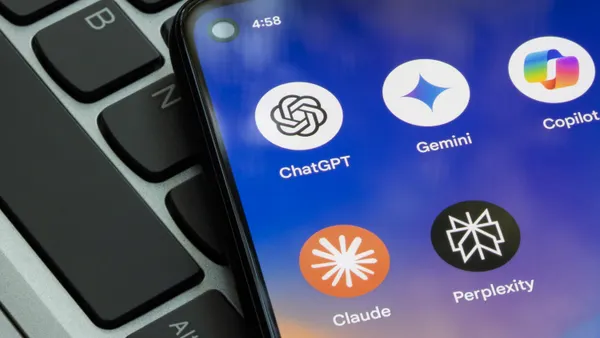Brief:
-
Debenhams, the U.K. chain with 240 department stores in 27 countries, doubled the speed of its mobile website with a progressive web app (PWA) provided by mobile shopping platform Mobify. The retailer found that shopper visits took less than half the time they did previously, according to a company news release.
-
SapientRazorfish and Mobify developed the mobile website, www.debenhams.com, which went live early last month. The PWA doesn't require users to download mobile applications from any app store. Mobify also developed a PWA for French beauty brand Lancome.
-
Ross Clemmow, managing director of retail, digital, food and events at Debenhams, said the store chain's mobile growth in the past two years has been "unprecedented," driving the need for technology that keeps pace with consumer expectations.
Insight:
Progressive Web Apps, an open-source initiative driven by Google, are steadily growing in popularity as brands cope with the frustrations of developing standalone apps that never make any money, are difficult to find on app stores and require expensive maintence. While the App Store generates billions of dollars for Apple, many businesses are wasting their money investing in native apps, according to a report in App Developer Magazine.
Developing a native app typically takes eight months and costs $270,000, the magazine said, and leads to endless expenses for updates and adjustments for different platforms, such as iOS and Android. Meanwhile, smartphone users are spending more time with a smaller group of apps, making app development a very hit-driven business like video games and movies. Focusing instead on a faster, more seamless mobile website that provides an app-like experience for customers while lightening the burden on the brand side of things is clearly driving success at Debenhams.
The strategy adopted by Debenhams is becoming a more necessary one as retailers, particularly in the states, continue to be battered by e-commerce competition from sites like Amazon and as shoppers rely more on online convenience compared to a brick-and-mortar experience. This is especially true around key sales periods like the holidays, which this year are expected to see record sales from e- and m-commerce via devices like smartphones, per eMarketer.
U.S. users are expected to whittle down the average number of apps they use to 20.1 by 2019 from 21 last year, according to a separate forecast by eMarketer. That means developing a winning mobile app is less likely as consumers focus on popular social networks, messaging, maps and search.
While average time spent with mobile apps is forecast to grow to 2 hours and 43 minutes a day by 2019 from 1 hour and 55 minutes two years ago, mobile web time is estimated to hold steady at 26 minutes a day this year, eMarketer said. Mobile apps will account for 84.9% of total mobile time spent, with mobile web browsing making up the remainder this year.













